Everything you need to know about the Luxury Car Tax in Australia
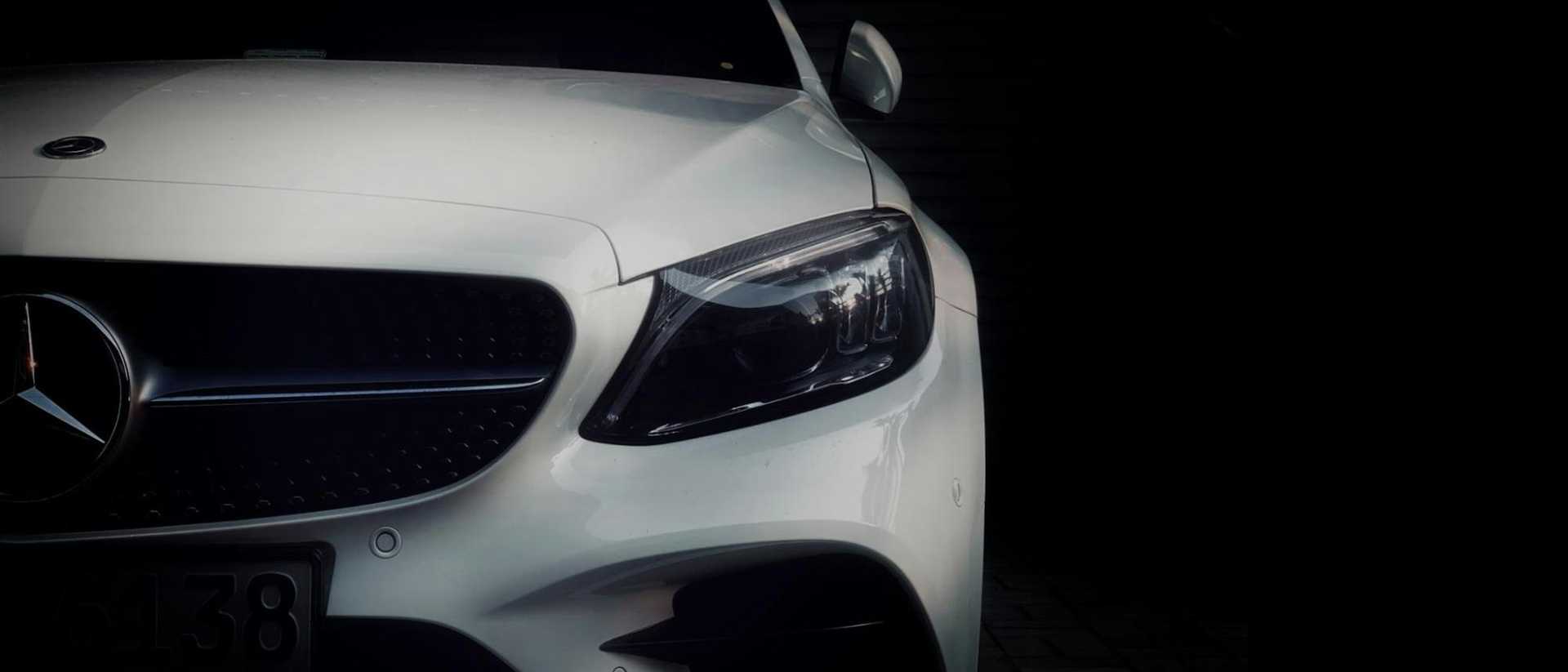
For Australian drivers who want to import luxury cars into the country, one of the most important factors to consider is the Luxury Car Tax (LCT). This tax is applied to cars with a GST-inclusive value over a certain threshold and is calculated on the value of the car above that threshold.
Set out by the Australian Taxation Office, Luxury Car Tax is payable by businesses that sell or import luxury cars (dealers) as well as people who personally bring such vehicles into the country. So that you can accurately calculate the amount of tax you may be required to pay, it’s important to understand exactly how the LCT works.
What is the LCT and how does it work?
You might have thought that only the uber-wealthy are subject to paying this tax when they import or buy luxury cars. The truth is LCT affects anyone who purchases a car with a GST-inclusive value above the current luxury car threshold. What are the current Luxury Car Tax thresholds? - We hear you ask. This will be covered later in the article.
For now, let's focus on what the LCT is. Put simply, it is a tax imposed on cars with a GST-inclusive value above the current threshold. LCT is an additional tax charged on top of GST, but it's not payable on the full price of the vehicle. Instead, it's only payable at the rate of 33% of the car value including GST which exceeds the Luxury Car Tax threshold.
In other words, the Luxury Car Tax (LCT) is only applicable to the portion of a car's sale price, after deducting the GST component, that exceeds the threshold.
Originally designed to protect the Australian domestic car manufacturing industry, industry groups such as the Australian Automobile Association (AAA) are calling for the abolition of LCT due to the fact that there is no longer any car manufacturing industry in Australia.
The Australian luxury car market
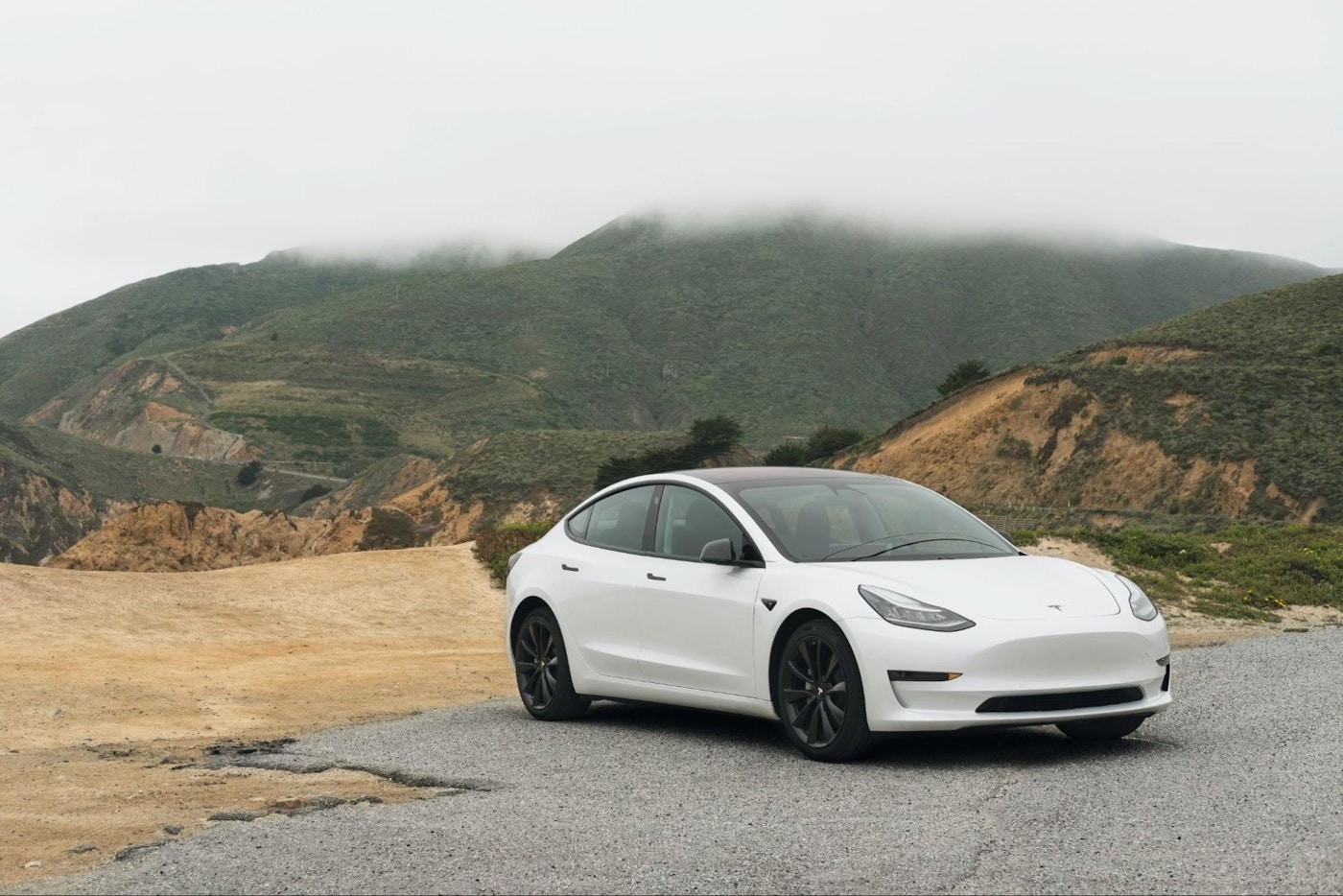
When it comes to purchasing luxury cars in Australia, the market is dominated by German car manufacturers such as BMW and Mercedes-Benz, with Volvo, Volkswagen, and Audi also experiencing strong sales. Despite the market being dominated by these brands, other luxury cars are available such as the Tesla Model S and Porsche's range of luxury vehicles. Not simply a symbol of status, luxury cars are popular for their performance, safety, and comfort. However, the inherent features of these vehicles also come with higher price tags which means they are subject to LCT. Thankfully, a higher threshold applies to fuel-efficient luxury cars, like the Tesla Model S, to reduce their LCT liability. Designed to incentivise buyers to opt for the more environmentally-friendly options, the increased LCT threshold is working to steadily increase sales of electric cars in Australia.
Why Does Australia Still Have a Luxury Car Tax?
The main reason that the LCT remains in place is due to its potential revenue-raising ability. Every year, millions of dollars are generated for the government through the LCT. This revenue is then put towards funding various government initiatives, such as improving the transport infrastructure of the country.
The Australian government would be forced to find additional millions of dollars in taxes if the LCT was removed. This would lead to future transport projects and road safety initiatives, not to mention jobs and economic growth, being affected.
What is the Luxury Car Tax threshold for 2023?
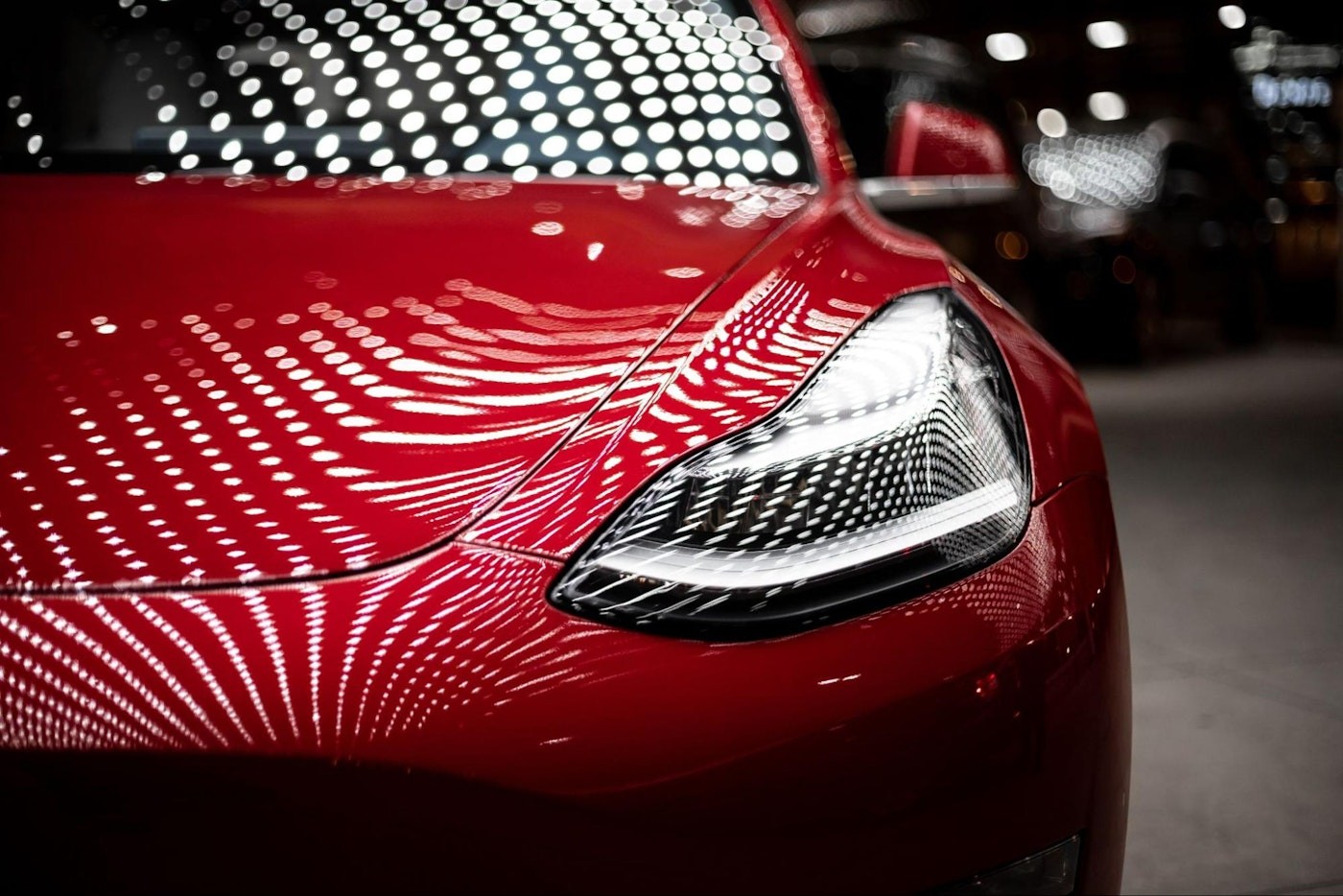
If you're wondering "What is the Luxury Car Tax rate?" or "What is the LCT threshold?" then here's the answer. The LCT rate currently stands at $84,916 for fuel-efficient vehicles, such as hybrid and fully-electric cars, and $71,849 for all other vehicles. But remember, only 33% of the value above this threshold is payable.
Over the past decade, the LCT threshold has increased more than $12,000 for standard luxury vehicles and $9,541 for fuel-efficient cars. This shows that the government is slowly making it more feasible and cost-effective to import luxury cars into Australia.
And if you're wondering whether the Australian Taxation Office allows the LCT to be claimed as a deduction, the answer is no. LCT is not an allowable tax deduction, no matter how much you use your car for business purposes.
How is Luxury Car Tax Calculated?
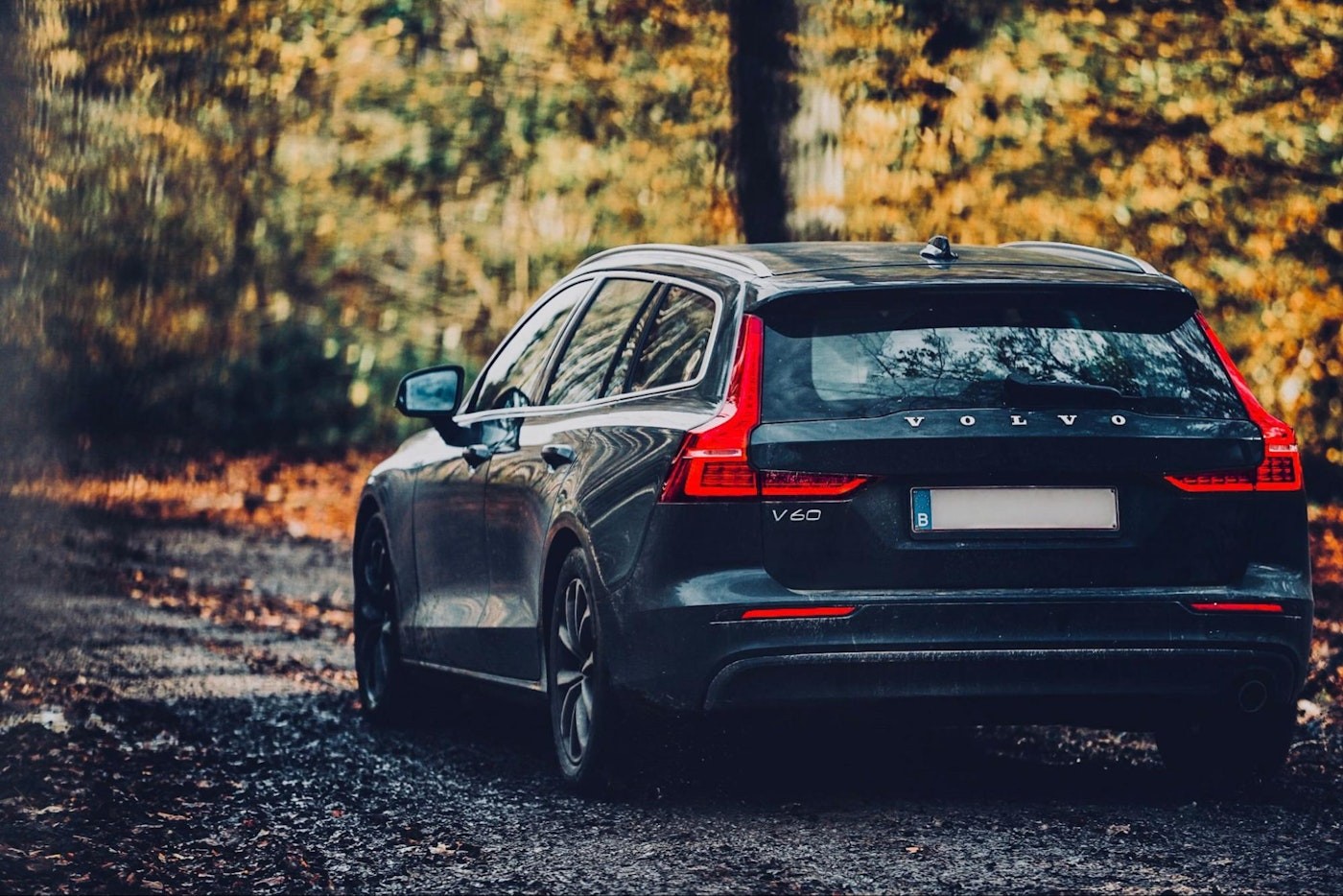
If the vehicle you’re purchasing is over the Luxury Car Tax threshold, you’ll need to calculate your LCT liabilities. To do this, you’ll need to subtract the LCT threshold from the value of your car and then calculate 33% of that amount. For instance, let’s say a dealer has a $100,000 car for sale on the showroom floor. In this case, the LCT payable would be 33% of $28151 ($100000 minus $71849), which works out to be around $9305.
By understanding how the Luxury Car Tax works and the amount of tax you may be required to pay you can make an informed decision when purchasing your car.
LCT in Queensland and Victoria
If you're in the market for a luxury vehicle in Victoria or Queensland, it's important to keep in mind the additional charges that have been introduced recently. In 2019, Victoria implemented a 7% levy on vehicles priced between $100,000 and $150,000, and a 9% extra charge for vehicles priced above $150,000. Similarly, Queensland added an extra 2% stamp duty for vehicles over $100,000. It might be worthwhile to factor these charges into your budget and consider whether the luxury vehicle you have your eye on is still within your price range.
It's always helpful to have all the information upfront, so you can make an informed decision when it comes to investing in a new vehicle.
Can fuel-efficient cars avoid the Luxury Car Tax?
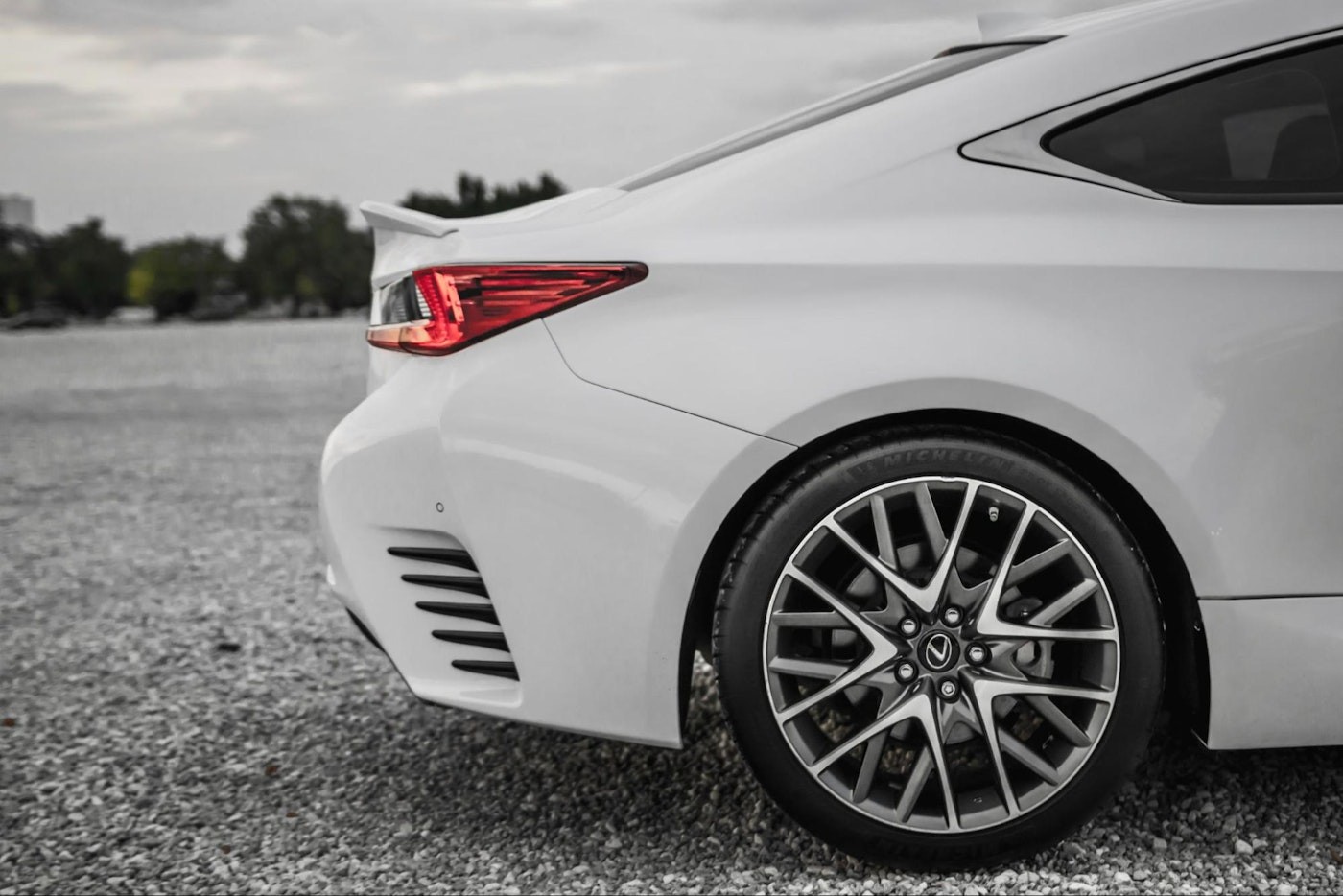
Navigating the LCT (Luxury Car Tax) can be tricky, but there are some savvy ways to avoid paying it. One option is to go for a fuel-efficient vehicle, as a higher threshold applies. The ATO classifies fuel-efficient vehicles as those with a combined fuel consumption rating of less than 7.0L/100km. Hence why hybrids and EVs are increasingly becoming popular options for Australian drivers as not only do these vehicles produce fewer emissions, but they also come with a higher LCT threshold.
Another option is to purchase a used luxury car. The LCT has already been applied to these cars, and the buyer doesn't need to pay any additional tax. Another possibility is that you might be exempt from LCT if you are an eligible veteran or person with a disability, and the car you're interested in is modified for wheelchair transportation. Additionally, if the car was imported two years before the sale or is a Goods and Services Tax-free export, LCT may not apply. Even better, motor homes as well as commercial vehicles designed for goods transport are exempt from LCT altogether.
Final thoughts
If you're in the market for a luxury car in Australia, it's important to understand the Luxury Car Tax (LCT) and how it works. Knowing the threshold and amount payable can help you make an informed decision about what car to buy, as well as help avoid any surprises when it comes time to pay the tax. And if you're really savvy, there are ways to avoid paying the LCT altogether, such as buying a used car or going for a fuel-efficient model. For now, at least, the LCT is here to stay, so make sure you understand it before setting out to buy a luxury car.
At Driva, we've made it our mission to connect Australians with the best car loan options available. So, whether you're in the market for a luxury car, a fuel-efficient model, or a used car, we can help you find the perfect finance solution for your needs. We match your unique profile with one of our partner lenders and make sure you get the best rate available. Our innovative platform makes it easy and stress-free for you to get pre-approval before you even set foot in a dealership. That way, you can take the time to make the right choice without having to rush into it. Get started with Driva today and start shopping for your new set of wheels!
Happy driving!


.png)







